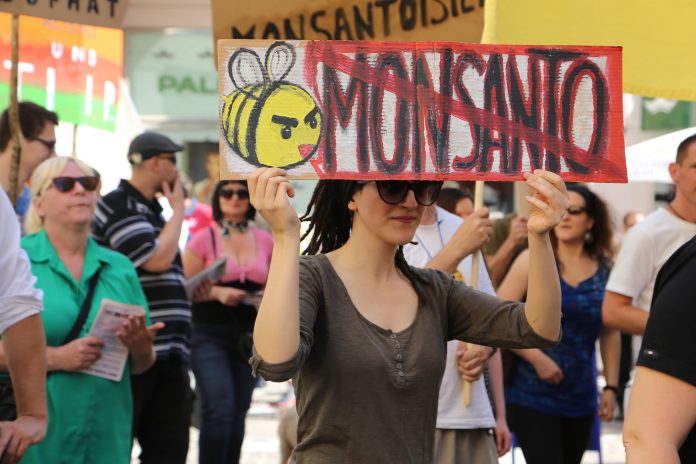The making of the world’s largest integrated pesticides and seeds company has been green-lighted by the European Commission.
The €54bn deal between German pharmaceutical giant Bayer and US agrochemical company Monsanto, which has long been criticised for its genetically altered produce and use of the pesticide glyphosate, was approved on March 21.
“We have approved Bayer’s plans to take over Monsanto because the parties’ remedies, worth well over €6bn, meet our competition concerns in full,” said Commissioner Margrethe Vestager, the EU’s anti-trust chief.
As reported by Deutsche Welle (DW), Germany’s international broadcaster, Vestager stressed that the Leverkusen-based conglomerate had made commitments to dispose of key subsidiaries that overlap with Monsanto.
She also said the EU’s green light was subject to rules that ensure that “there will be effective competition and innovation in seeds, pesticides and digital agriculture markets”.
Monsanto accepted an offer from Bayer in September to pay €46bn to its shareholders and assume €7.3bn in debt.
In an attempt to appease EU regulators, Bayer announced in October the sale of parts of its agrochemical business to German rival BASF, in a deal worth €5.7bn.
But environmentalists are concerned the deal gives the world’s biggest manufacturers too much market power. Activists from Friends of Europe wrote to Vestager warning against the consequences of the takeover on the environment.
“Blocking this deeply unpopular merger would be a big win for the EU – over a million citizens have called on EU competition chief Margrethe Vestager to block this merger from hell,” the activists said in a statement.

